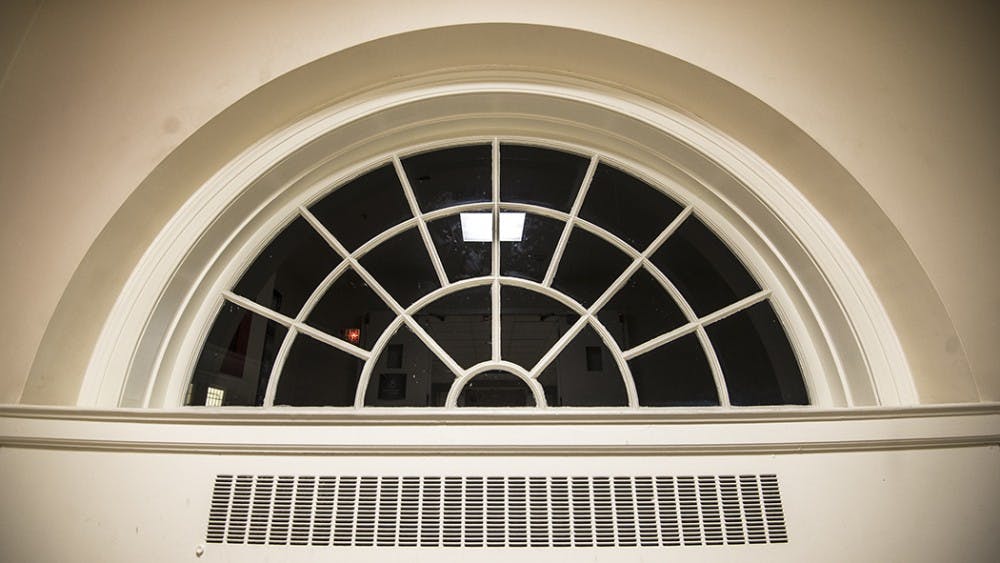Two students are gathering signatures for a proposed amendment to the Honor Committee constitution that would lower the majority threshold needed to amend the constitution from 60 percent to 55 percent.
This proposed amendment comes nearly a year after 58.88 percent of University students who participated in the 2016 spring elections voted in favor of an amendment to the Honor Committee constitution that would have allowed the Committee to eventually incorporate a multi-sanction system into its bylaws.
“Option 2,” however, failed to pass when it did not receive the required threshold of 60 percent of the votes in the referendum.
Fourth-year College students Nathan Gonzalez and VJ Jenkins recently authored a letter in support of the proposed amendment — titled “Democratization Amendment to Honor’s Constitution” — and have been working to obtain support for the amendment. The letter has been circulating over social media in recent days.
In order for the proposed amendment to appear on the final ballot as a referendum during University elections — which will be held Feb. 21-23 — Gonzalez and Jenkins must collect 1,250 signatures by Feb. 13 at noon.
“University students en masse have consistently called for changes in the Honor System, but when their voices go ignored … it is only natural that students begin to lack faith that change is possible,” the letter read. ”We must finally redefine the Community of Trust beyond a realm of cavalier language so that students trust each other, but also trust that the Honor System represents their will.”
Jenkins is a member of the Honor Committee, while Gonzalez is not. Honor Committee Chair Matt West, a fourth-year College student, said the students acted independently of the Honor Committee.
“It was not a proposal sponsored by the committee,” West said. “The committee does have the power to propose constitutional amendments. However, this was not a situation in which the proposal did originate with the committee.”
For an amendment to pass, in addition to winning 60 percent of the votes cast in the referendum, at least 10 percent of University students who are eligible to vote must vote in favor of the amendment. The proposed amendment does not seek to change this 10 percent threshold.
West said the Honor Committee will discuss the proposed amendment at their meeting Sunday. West declined to comment on his opinion of the proposed amendment.
“At the time this letter was published to the entire student body, the committee had not yet had a full discussion of this proposal,” West said. “Therefore I think it’s incumbent upon us all to wait until committee members have the opportunity to share their opinions of a proposal such as this before assigning an opinion to them.”
In their letter, Gonzalez and Jenkins said the amendment serves as an affirmation of student self-governance.
“We’ve trusted Honor to build a Community of Trust, and it is time that Honor trusts the student body,” Gonzalez and Jenkins wrote in their letter. “Honor will either decay or transform to represent the student body of the present.”
Gonzalez and Jenkins declined to comment for this article Thursday.
Text of Gonzalez and Jenkins' letter:







